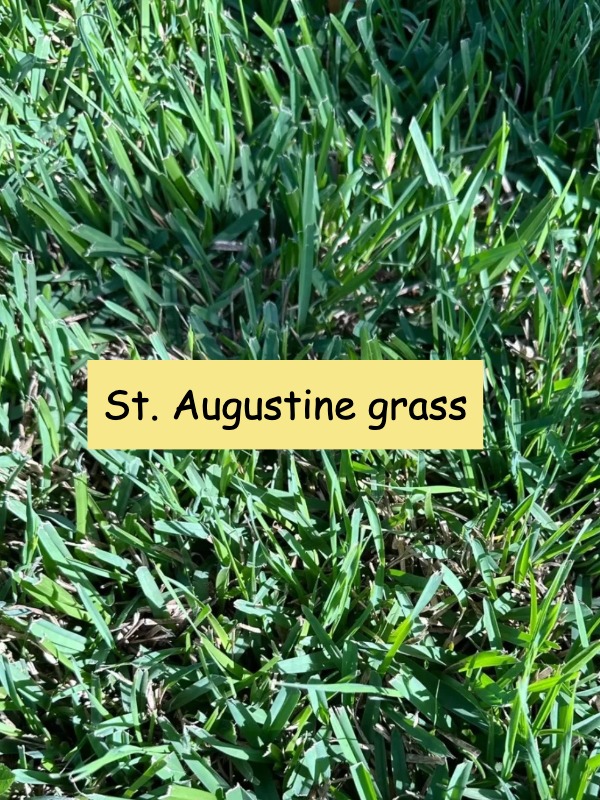Warm-Season Grass Series: St. Augustine Grass(1)
St. Augustine grass (Stenotaphrum secundatum) is a popular warm-season turfgrass, widely planted in the southern United States, Florida (like Miami), along the Gulf Coast, and other tropical/subtropical regions. It's favored for its heat and humidity tolerance, salt tolerance, and dense growth. Basic Features Family and Genus: Poaceae family, Stenotaphrum genus. Growth Type: Stoloniferous, spreads via above-ground stolons, forming a thick turf. Leaves: Wide and flat, slightly rounded tips, coarse texture, dark green to blue-green color. Root System: Shallow, average drought tolerance, good flood tolerance. Cold Tolerance: Weak (USDA Zones 8-11), goes dormant below 10°C (50°F), frost can cause yellowing. Main Advantages ✅ Heat and humidity tolerance: Ideal for high-temperature and high-humidity areas like Miami and Houston. ✅ Salt tolerance: Suitable for coastal areas, more salt-tolerant than Bermuda grass. ✅ Shade tolerance: Performs better in shaded areas (e.g., under trees) compared to Bermuda and Zoysia grass. ✅ Fast growth: Strong coverage, quickly fills in bare spots. ✅ Weed resistance: Dense growth naturally suppresses weeds. #WarmSeasonGrass #LawnCare #GardeningTips
2025-04-17
write a comment...
